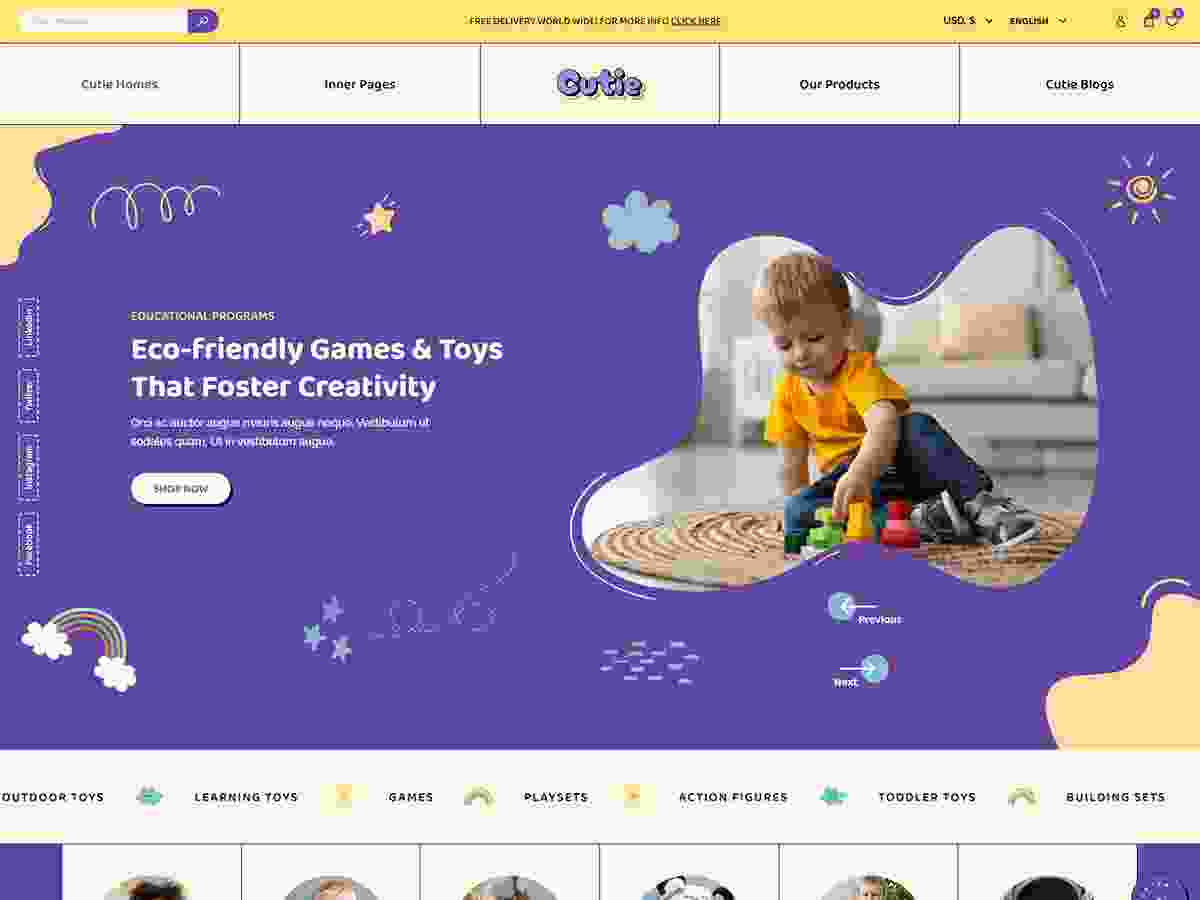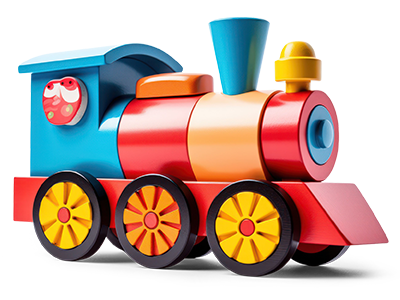This document outlines the advanced laboratory facilities available for students and faculty across various departments, designed to enhance practical learning and research capabilities. These labs are equipped with cutting-edge technology and software to provide hands-on experience in specialized fields.
Geographic Information System (GIS) Laboratory
Established in July 1999, the Geographic Information System (GIS) Laboratory provides a dedicated space for GIS instruction for students from diverse departments within the institution. The lab regularly hosts training programs for both students and faculty members, focusing on industry-standard software and analytical tools.
The GIS Lab is equipped with:
- ArcGIS Desktop, ArcView 10.0, and ArcInfo 10.0 Universal Lab Kits: These comprehensive software suites include extensions for advanced spatial analysis, network analysis, and 3D analysis.
- ERDAS Imagine 2011 and Leica Photogrammetry Suite (LPS) 2011: These powerful tools are used for remote sensing, image processing, and photogrammetry applications.
- Autodesk 2019 Master Suite: This suite includes a range of software for design and visualization, such as Raster Design, Revit Architecture, Revit Structure, AutoCAD Inventor Professional Suite, 3DS Max Design, and Maya.
- CFP Anti-plagiarism software: Supporting academic integrity and research ethics.
In addition to advanced software, the center boasts high-end hardware to support complex GIS operations and data processing. The Head of the Centre for Advanced Spatial Studies (CASS) oversees the GIS Laboratory.
Materials Testing and Surveying Laboratory
The Materials Testing and Surveying Laboratory is integral to the academic programs at both undergraduate and postgraduate levels across various departments. It is designed to provide practical, hands-on learning experiences to students in their respective fields. Students from different departments utilize the lab regularly for academic coursework and research projects.
The primary objective of this lab is to familiarize students with the behavior of structural materials like bricks, concrete, timber, and steel under various loading conditions. It also serves to assess the quality of building materials, catering to research and consultancy needs.
The laboratory is equipped with a range of testing equipment, including both destructive and non-destructive testing capabilities:
-
Destructive Testing Equipment:
- Universal Testing Machine (UTM) (400 kN Capacity, GDR make): Used to test materials under tension, compression, and bending forces.
- Compression Testing Machine (CTM) (2000 kN Capacity, GDR make): Specifically designed to test the compressive strength of materials like concrete and bricks.
- Both UTM and CTM are computer-interfaced for precise data acquisition and analysis.
- Double acting Hydraulic Jacks: Available for pre-stressing applications in structural testing.
-
Non-Destructive Testing Equipment:
- Digital Ultrasonic Concrete Tester (UPV): Used to assess the quality and integrity of concrete structures without causing damage.
- Rebound Hammer: Provides a quick and convenient method for estimating the compressive strength of concrete.
-
Surveying Equipment:
- Electronic Total Station: A modern surveying instrument for precise measurement of angles and distances.
- Conventional surveying equipment is also available.
-
Concrete and Cement Testing:
- Concrete Mixer, Vibrating Table, Needle Vibrator, and Cement Mortar Vibrator: Equipment for mixing and compacting cement and concrete samples.
- C.I. Moulds (Cubes, Cylinders, Beams): A variety of molds for casting concrete specimens in different shapes for testing.
- Curing Tanks: For maintaining controlled humidity and temperature conditions for proper curing of concrete specimens.
- Slump test apparatus: For determining the workability of fresh concrete.
- Compaction factor test apparatus: Another method to assess the workability of concrete.
- Vicat Apparatus: Used to determine the consistency and setting time of cement.
Students utilize these facilities to prepare and test structural models under various loading conditions. The lab is continuously being upgraded with modern equipment, including loading frames, LVDTs (Linear Variable Differential Transformers), load cells, data loggers, and rebar locators, to incorporate the latest technological advancements in material testing and structural analysis.
Conservation Materials Laboratory (CML)
The Conservation Materials Laboratory (CML) was recently established to offer specialized scientific training in the analysis of ancient artifacts and materials. The CML is equipped for both physical and chemical analysis, providing comprehensive insights into the composition and characteristics of materials such as mortars and other archaeological finds.
The laboratory’s capabilities include:
- Physical Examination under Magnification: For detailed visual inspection of artifacts and materials.
- Chemical Analysis: To determine the elemental and molecular composition of materials.
Visiting scientists associated with the Archaeological Survey of India (ASI) regularly conduct courses for students of Architectural Conservation, utilizing the CML as a valuable resource for hands-on training and research in conservation science.
These advanced laboratories collectively provide a robust infrastructure for education and research across various disciplines, ensuring students gain practical skills and knowledge essential for their future careers. For individuals seeking diverse career paths, from technical fields supported by these labs to opportunities in sectors like Spa Delhi Recruitment, a strong foundation in technical understanding and practical skills remains highly valuable in today’s job market.





